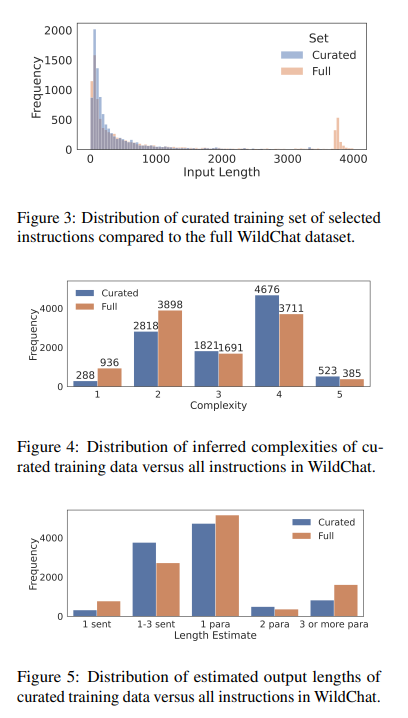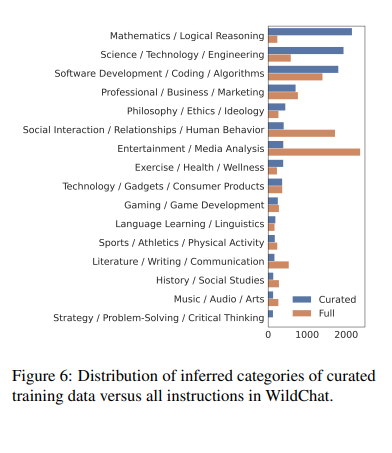Advances in natural language processing have led to the development of large language models (LLMs) capable of performing complex language-related tasks with great accuracy. These advances have opened up new possibilities in technology and communication, enabling more natural and effective human-computer interactions.
A major problem in natural language processing is the reliance on human annotations for model evaluation. Human-generated data is essential for model training and validation, but collecting this data is expensive and time-consuming. Furthermore, as models improve, previously collected annotations may need to be updated, reducing their usefulness for evaluating newer models. This creates a continuous need for new data, which poses challenges for scaling and maintaining effective model evaluations. Addressing this problem is crucial for advancing natural language processing technologies and their applications.
Current methods for model evaluation typically involve collecting large amounts of human preference judgments about model responses. These methods include using automated metrics for tasks with baseline responses or employing classifiers that generate scores directly. However, these methods face limitations, especially for complex tasks where multiple valid responses are possible, such as creative writing or coding. The high variance in human judgments and the associated costs highlight the need for more efficient and scalable evaluation techniques.
Meta FAIR researchers have introduced a new approach called the “Self-Taught Evaluator.” This method eliminates the need for human annotations by using synthetically generated data for training. The process starts with a seed model, which produces contrasting synthetic preference pairs. The model then evaluates these pairs and iteratively improves them, using its judgments to improve its performance in subsequent iterations. This approach leverages the model’s ability to generate and evaluate data, significantly reducing the reliance on human-generated annotations.
The proposed method involves several key steps. Initially, a reference response is generated for a given instruction using a seed LLM. A modified version of the instruction is then created, causing the LLM to generate a new response designed to be of lower quality than the original. These paired responses form the basis of the training data. The model, acting as an LLM judge, generates reasoning traces and judgments for these pairs. This process is repeated iteratively, and the model continuously improves the accuracy of its judgments through self-generated and self-evaluated data, effectively creating a self-improvement cycle.


The performance of the self-taught evaluator was tested using the Llama-3-70B-Instruct model. The method improved the model’s accuracy on the RewardBench benchmark from 75.4 to 88.7, matching or surpassing the performance of models trained with human annotations. This significant improvement demonstrates the effectiveness of synthetic data in improving model evaluation. Additionally, the researchers performed multiple iterations, further refining the model’s capabilities. The final model achieved an accuracy of 88.3 with single inference and 88.7 with majority voting, demonstrating its robustness and reliability.
In conclusion, the Self-Taught Evaluator offers a scalable and efficient solution for evaluating NLP models. By leveraging synthetic data and iterative self-improvement, it addresses the challenges of relying on human annotations and keeps up with rapid advances in language model development. This approach improves model performance and reduces reliance on human-generated data, paving the way for more autonomous and efficient NLP systems. The work of the research team at Meta FAIR marks a significant advance in the quest for more advanced and autonomous evaluation methods in the field of NLP.
Review the PaperAll credit for this research goes to the researchers of this project. Also, don't forget to follow us on twitter.com/Marktechpost”>twitter and join our Telegram Channel and LinkedIn GrAbove!. If you like our work, you will love our Newsletter..
Don't forget to join our Over 47,000 ML subscribers on Reddit
Find upcoming ai webinars here
Nikhil is a Consultant Intern at Marktechpost. He is pursuing an integrated dual degree in Materials from Indian Institute of technology, Kharagpur. Nikhil is an ai and Machine Learning enthusiast who is always researching applications in fields like Biomaterials and Biomedical Science. With a strong background in Materials Science, he is exploring new advancements and creating opportunities to contribute.
<script async src="//platform.twitter.com/widgets.js” charset=”utf-8″>






